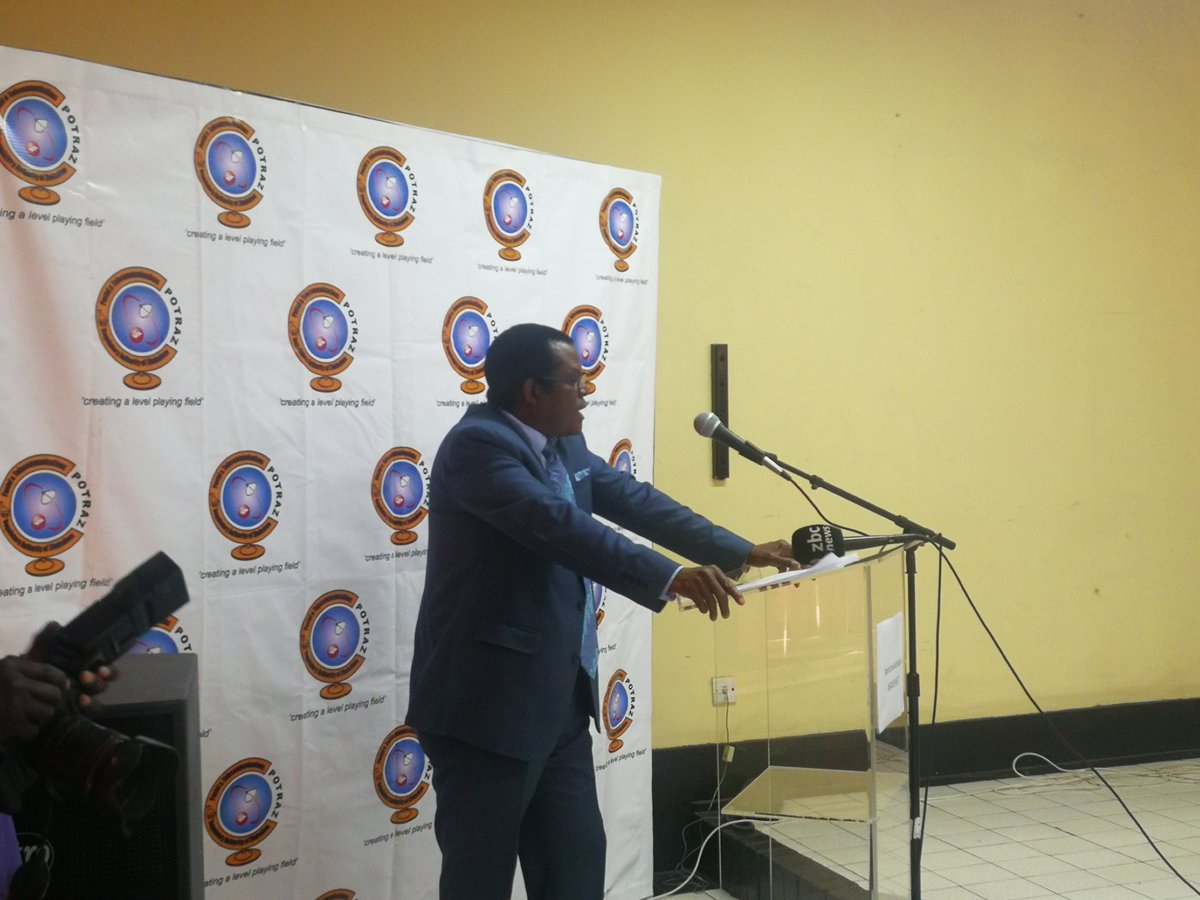POSTAL and Telecommunications Regulatory Authority of Zimbabwe (Potraz) director general, Dr Gift Machengete, has called for increased collaboration between policy makers and operators towards further reduction of mobile and broadband service costs to achieve affordability.
While efforts have been made to ensure access to information and communication technologies (ICTs), the Potraz boss says the introduction of a five percent airtime tax last year works against the drive to spread adoption and use of ICTs, as it negatively affects affordability. Government imposed the five percent tax on mobile phone airtime and broadband in its 2017 budget policy statement, ostensibly to augument health financing. For Dr Machengete, this has to be reviewed and more remains to be done at policy, regulatory and operator levels to secure further reductions in ICT service cost.
"We believe sector specific taxes should be reconsidered as the net effect of such taxes is imposing a penalty on consumers for using ICTs. There is, therefore, no doubt that the current tax regime on airtime is hurting consumers, in particular the bottom of the pyramid consumers," said the Potraz boss.
"For instance, why should ugogo from here be charged excise duty for buying her groceries using EcoCash, Telecash or One Money? Why should a teacher at Maitengwe School be charged excise duty for doing research on Internet, for transferring an amount into a mother's wallet for her monthly medication or for calling a spouse who works elsewhere in Zimbabwe to reinforce their love and affection? This surely calls for reconsideration and decisive action."
Dr Machengete, who was speaking during the official commissioning of the Maitengwe shared base station in Bulilima District on Monday, said access to affordable, quality information communication technologies (ICTs) must be treated as a basic right of every citizen just like access to clean water is. As such, he said, the regulatory authority will continue pursuing the dream of ensuring universal access to ICTs throughout Zimbabwe. The new Maitengwe base station was built using resources from the Universal Services Fund and cost an estimated $500 000.
Given the high costs of investment in ICT infrastructure, which has been blamed for the high cost of services, Government has adopted an infrastructure sharing model in which operators have to collaborate in spreading connectivity across the country. The model is also meant to ensure that marginalised communities benefit from the ICT revolution and enjoy benefits of inclusive development.
Experts believe ICTs have the capacity to transform lives by providing boundless opportunities to communities, businesses and individual citizens. Besides voice communication, network coverage provides opportunities for inclusion in a wide range of financial, social and economic spheres.
- chronicle
 OK Zimbabwe posts US$17,8 million loss
OK Zimbabwe posts US$17,8 million loss  Hichilema meets Chivayo
Hichilema meets Chivayo  Millions celebrate Diwali festival in India
Millions celebrate Diwali festival in India  Econet Zimbabwe to delist from ZSE
Econet Zimbabwe to delist from ZSE  Gold edges up as traders await guidance
Gold edges up as traders await guidance  Mnangagwa fires Chitando, appoints Polite Kambamura
Mnangagwa fires Chitando, appoints Polite Kambamura  Young Investment Professional (YIP) Graduate Programme 2019
Young Investment Professional (YIP) Graduate Programme 2019 











 Young Investment Professional (YIP) Graduate Programme 2019
Young Investment Professional (YIP) Graduate Programme 2019
Editor's Pick